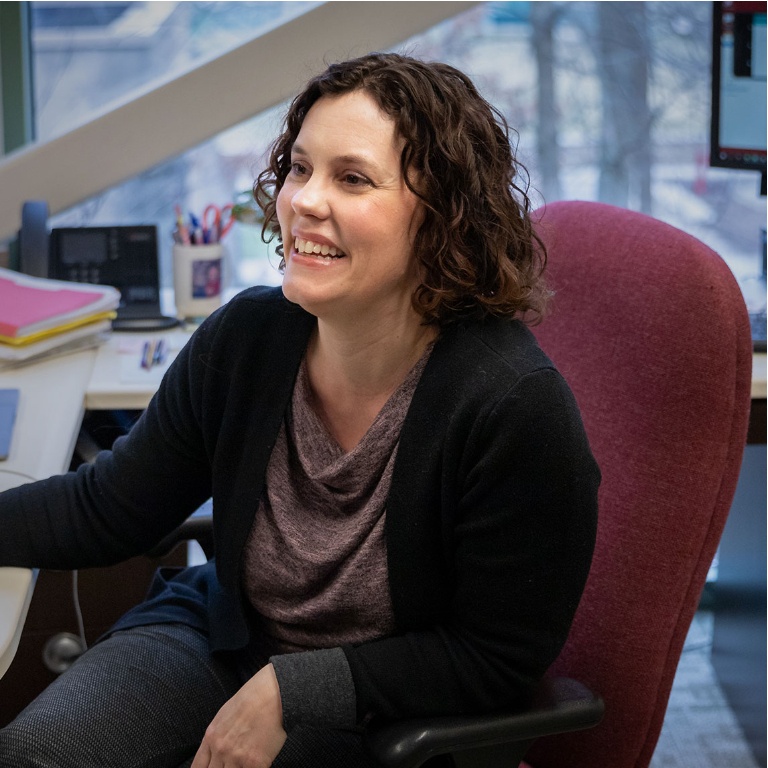Towards Building a More Resilient Society: Exploring Design Opportunities to Amplify Older Adults’ Abilities for Societal Resilience

Sam Lamba
Undergraduate Researcher
Healthcare Management and Policy Major (O'Neill School of Public & Environmental Affairs)

Raahi Patel
Undergraduate Researcher
Marketing Major (Kelley School of Business)

Kay Connelly
Faculty Mentor
Kay Connelly (Luddy School of Informatics, Computing and Engineering)
Project Description
The events of the COVID-19 pandemic have uncovered the need for building and amplifying society's (individuals and communities) abilities for resilience. The fear and anxiety of the pandemic onset, deaths of a high number of people (around 4 million worldwide), and disease mitigation measures have threatened the psychosocial well-being of individuals while disrupting core functions of society. The older adult population disproportionately suffered from adverse effects of the pandemic because of their advanced age and chronic health conditions. Although older adults experienced enforced social isolation and heightened ageism, they demonstrated more resiliency than other populations. Counter to the predominant messaging about being vulnerable, older adults actively participated to support their friends, families, and communities in this crisis. For instance, checking on and helping out peers who were older and more vulnerable than themselves, making and donating masks to community organizations, etc. These examples highlight older adults’ potential and contributions toward building a more resilient society in times of crisis. We believe that technologies can play a crucial role in building and amplifying their capacities to 1) prepare for crises, 2) absorb and cope with the negative impacts of a crisis, and 3) recover and grow from a crisis through purposeful and collective efforts. Towards that goal, we focus on conducting a remote design workshop with designers (e.g., UX designers), exploring design opportunities to harness and foster older adults’ capacities to support society in times of crisis. The project will help bridge the research-practice gap between HCI researchers and practitioners. The students will work with researchers and designers on various design activities for a design sprint session. Through this project, undergraduates will have the chance to be a part of research activities. Research activities include learning how to prepare study materials for a remote design workshop, recruiting and scheduling participants, observing and interacting with the participants during the workshop, moderating the workshop along with the researchers, and collecting and analyzing collected data. To facilitate their learning experience, students will work closely with a Ph.D. student leading the project and attend regular lab meetings.
Technology or Computational Component
The project investigates technology design opportunities for societal resilience while amplifying older adults’ abilities in times of crisis. While working on the project, the students will learn the technologies needed to facilitate a remote study, and how to conduct a technology design workshop remotely, collect qualitative data (e.g., memos, field notes, etc.), and analyze textual, video, and audio data. Additionally, the students will learn about the working practices of design practitioners through the workshop and design activities, exposing them to the role of professional technology designers. Furthermore, we envision guiding the students toward producing academic deliverables (e.g., posters, work-in-progress papers, etc.) based on the findings from the research project.

